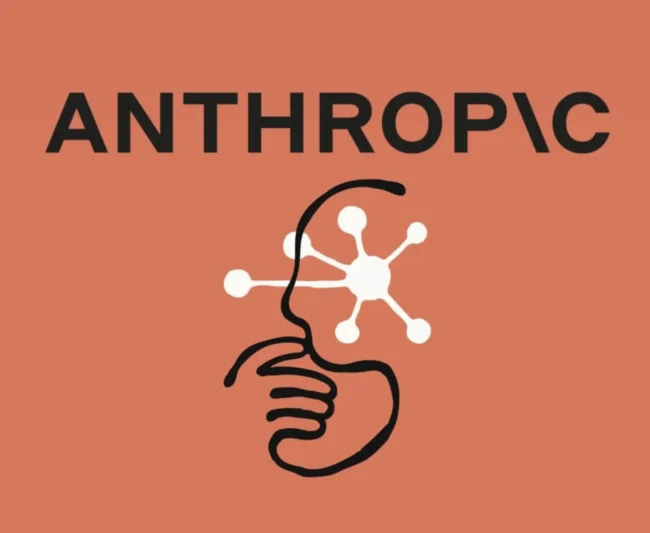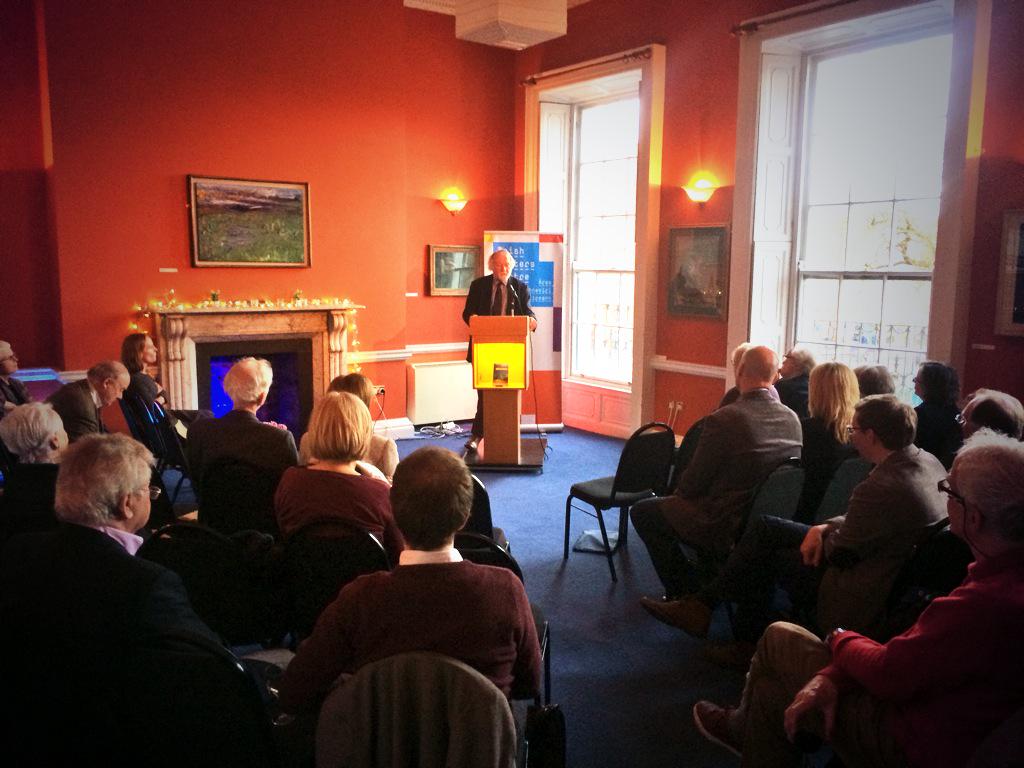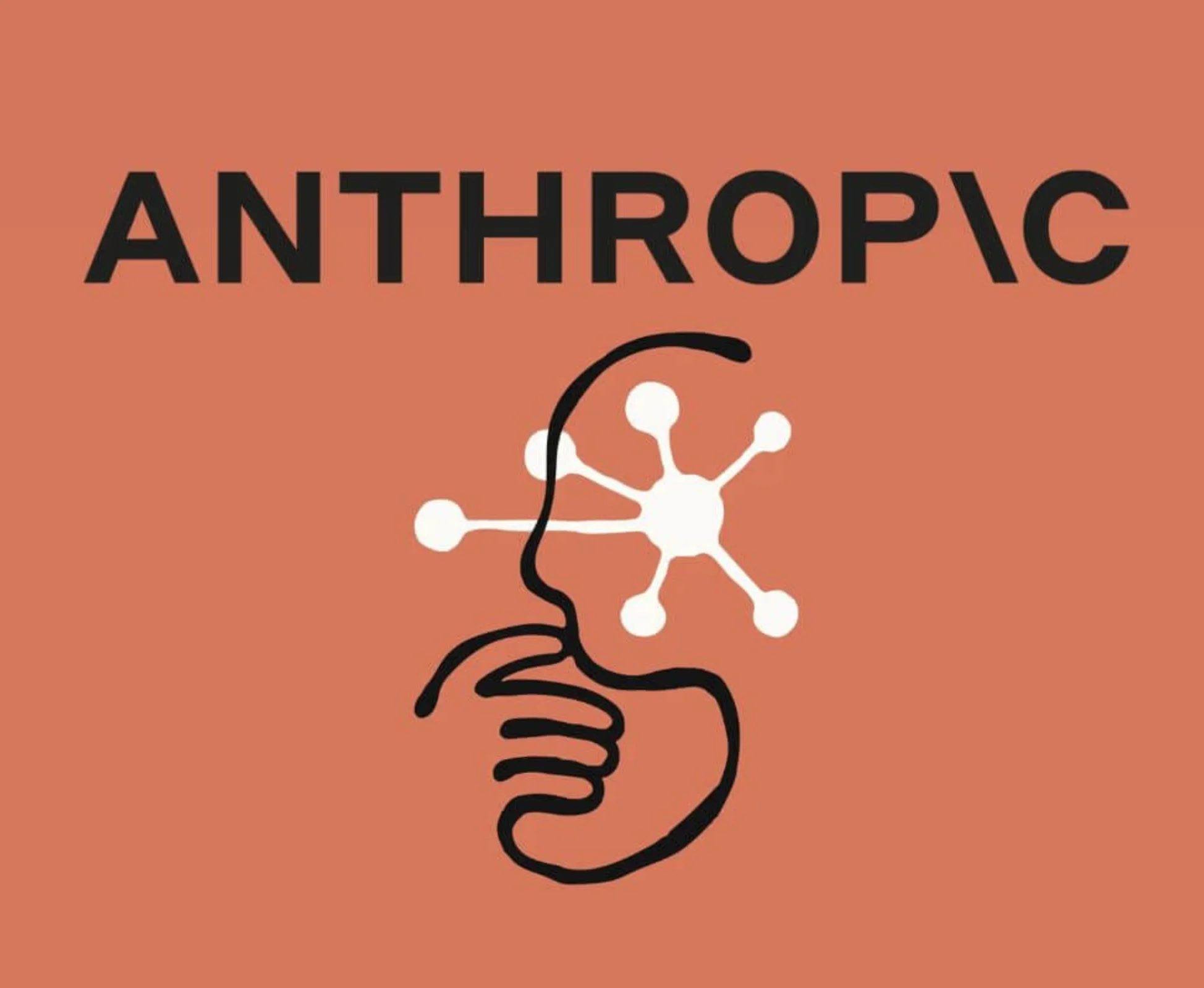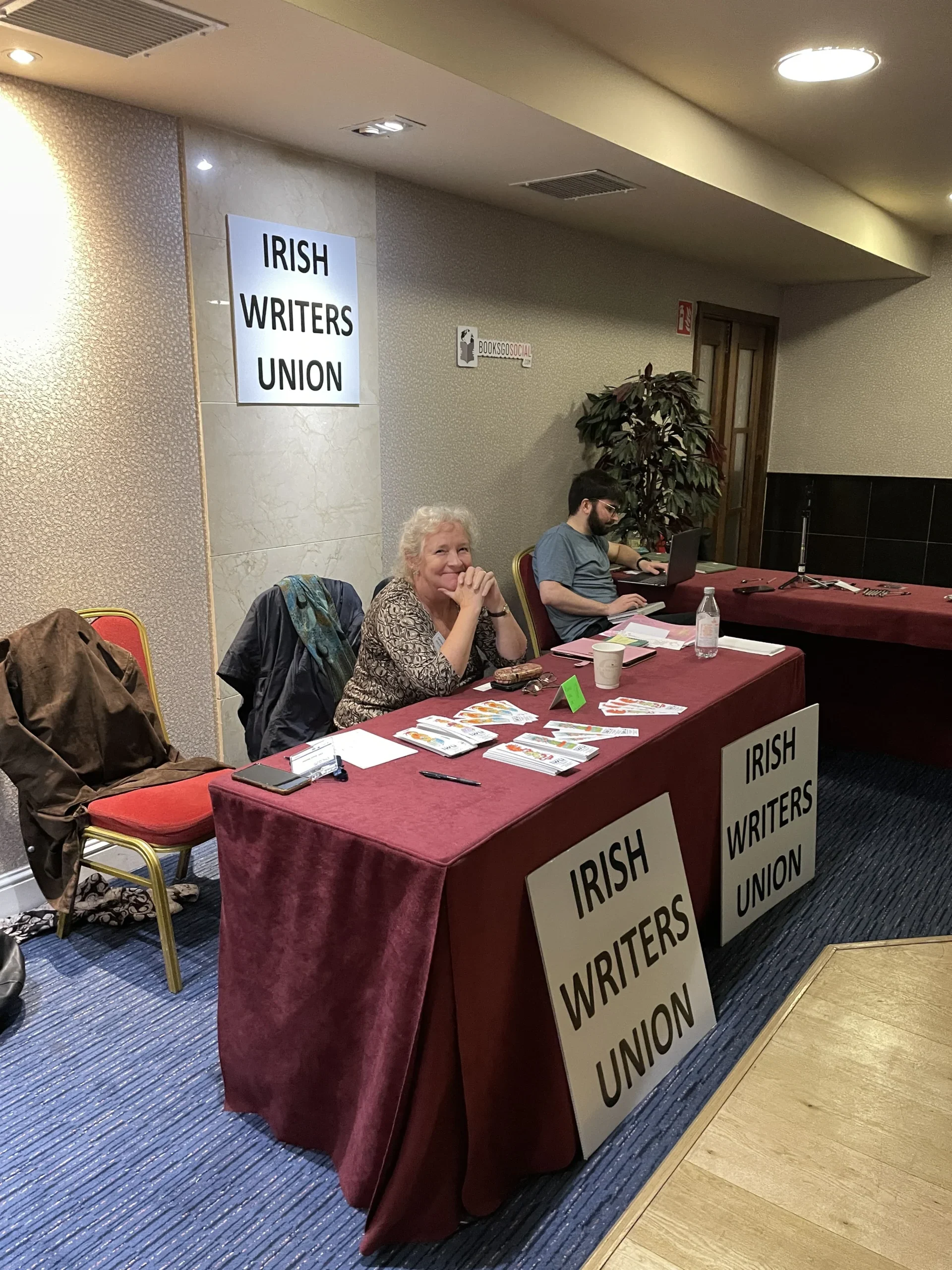Marianne Lee’s novel, ‘A Quiet Tide’, is inspired by pioneering Irish female botanist Ellen Hutchins. It was published at the outbreak of the Covid pandemic; here Marianne shares her experience of coping with this for the Irish Writers Union, plus her five tips for debut authors.
In late February 2020, my sister and I were in Rome for the weekend, visiting a friend. Incredibly, we had never been away like this together before; from now on, we promised ourselves, we would do it at least once a year. On a warm, bright afternoon, on the busy shopping street of Via del Babuino near Piazza del Popolo, I spotted a pair of shoes in a shop window. High heels, straps, pointed toe, in a beautiful shade of sea-green. Not possessing a hectic or glamorous social life, I only buy shoes of this type once every ten years. I would wear them, I proudly told the saleswoman as she rang up the till, to my book launch. Whether she understood me or not, she smiled back. At Da Vinci airport, we noticed that a few passengers were wearing face masks; we couldn’t remember seeing any in Dublin on the way out. News stories had just begun to break of a suspected Covid-19 cluster in Northern Italy. It still all felt very distant. Once home, I placed the shoes lovingly in my wardrobe, alongside the skirt and blouse I had bought previously, ready for the big event. Tangible symbols of the manifestation of my lifelong dream: to write a novel and have it published. Two weeks later, as Ireland went into its first round of Covid restrictions, I joked to friends that by buying ‘nice’ shoes, I had provoked the caprice of the gods and jinxed mankind, as well as myself and my book. At that point, I didn’t think things would get as bad as they did and could afford to be glib.

My debut novel, ‘A Quiet Tide’, based on the life of 19th-century botanist Ellen Hutchins, took two years to write, including one year of research. Early on, I decided that I would use the next Irish Writers Centre Novel Fair deadline to motivate myself to finish a solid first draft. To my surprise and delight, my manuscript was ultimately selected. In February 2019 I attended the Novel Fair alongside my eleven co-finalists. Shortly afterwards, Aoife K. Walsh, Commissioning Editor at New Island Books, offered me a publishing contract. I felt extraordinarily blessed and grateful, and still do. After years of plodding away alone, trying to develop and grow as a writer in what often felt like a directionless void, I had been gifted an opportunity. The rest of 2019 was busy. As well as my job as a freelance art director, I worked with editor Susan McKeever on edits and rewrites, spending much of that Christmas proof-reading. New Island invested endless care on the book’s design, both internal and external. The beautiful cover was designed by Karen Vaughan; it perfectly encapsulated the novel’s tone and historical atmosphere. Thrilled, I could hardly wait to see the book printed, to hold a copy in my hands. More than anything, I couldn’t wait to see it in a bookshop.
The launch had been planned for April 8th. During the first lockdown period of mid-March, it still seemed possible that this might happen. Alarmed, but not panic-stricken, I told myself there was time for the situation to resolve itself. Surely, after a couple of weeks, things would go back to normal: all was not lost. Those weeks were in many ways the worst, as the beginning of a period of readjustment and realignment of expectations. All our positive instincts, those life skills we are told are essential to negotiate the rigmarole of life, turned out, for a short time at least, to only exacerbate my sense of frustration. As March rolled on into April, flexibility and optimism proved to be of little use. No matter how hard I tried to maintain a positive attitude, the outlook seemed bleak. Luckily, we hadn’t yet initiated the rounds of invites, emails and social media, which meant we could avoid the heartbreak of contacting everyone to cancel. For a time, we harboured the hope that we could reschedule, until it became apparent that that, too, was futile. To date, in-venue book launches have not resumed and are unlikely to do so for some time.
Marianne Lee’s launch was cancelled and her novel remained locked in the printer’s warehouse
Apart from the loss of an opportunity to dress up and be the centre of attention, what did it the cancellation of my launch mean for my book? In some ways, being a debut writer means I have no point of comparison. It’s true that a launch is an opportunity for some media exposure, however small, particularly in a small market like Ireland. Presumably, at least some of the attendees would have bought the book, giving a boost to both publisher and author. A launch is a chance to meet readers, as well as to network with other writers and representatives from the bookselling and publishing world. Beyond the launch, however, there were other disappointments to come. For many weeks, ‘A Quiet Tide’ was unavailable to buy, although printed, packed, and ready to go: due to restrictions, the boxes remained locked away in the printer’s warehouse. The shutting down of bookshops and other retail from March through to June, and later through autumn, winter and into spring 2021, was a source of deep frustration. One by one, book festivals and events were cancelled. I remember the cancellation of the West Cork Literary Festival – an event for which I held out hope longer than others, taking place as it does at the very end of the summer – as being a particularly low moment; for a self-pitying hour, I gave in to despondency and thoughts of whether I’d ever get those opportunities again. I worried that this had been ‘my’ time; that after an all-too-brief window, the world would swiftly move on to the next writer and the next debut novel. I wondered if during my own short time in the sun, anyone had been paying attention, distracted as we all were by global events.
Then, in early May, my mother-in-law caught Covid. Within a week she was hospitalised; two days later, she died. My husband and his siblings were left shocked, traumatised and bereft. I had known this funny, vibrant woman for twenty-five years. Although aware of her vulnerability, we had hoped that she would remain safe. Up to that point, even with the evidence of news reports, the harrowing statistics and imagery from around the world, stories from friends and neighbours, the virus had remained largely at a remove, an inconvenience, albeit on an extreme level. A threat that had temporarily upended our lives, but that we would all survive. Something that affected ‘other people’, not us. Now my husband’s beloved mother had become a statistic.
I can’t say for certain if it was this event alone that changed my perspective, but I suspect it contributed at least in part to a shift in my thinking. I decided to let go of my frustration, the relentless urge to control things. In writing a book and having it published, I had achieved a major life ambition. There were many reasons to be grateful. Before the warehouses shut down, the publisher had managed to secure a small number of copies; opening the package and seeing my book as a complete physical object for the first time was a fantastic moment. It smelled wonderful, and felt substantial; flicking through the pages, I remembered a time when it had all seemed an impossible dream. In the following weeks, The Irish Times and other national publications gave ‘A Quiet Tide’ positive, even enthusiastic reviews. A schoolfriend forwarded a photograph: Midlands Bookshop in my hometown of Tullamore had given the book a prominent window and floor display.
Events went digital for Marianne Lee’s debut novel
Optimism, temporarily stifled, resurfaced, this time of a more measured and realistic kind. I rediscovered my ability to adapt, remain flexible. When bookshops reopened, I did the rounds, posing for pictures in front of the shelves, proudly holding my book, even if my smile remained necessarily hidden behind a facemask. I introduced myself to staff, signed copies of the book. Friends sent more pictures, from bookshops further afield. The publishing industry quickly regrouped and adapted. Events went digital. The flow of emails and invitations began again. Over the following months, I contributed to online discussion panels and readings for the Bray Literary Festival, the Ellen Hutchins Festival, the West Cork Literary Festival, the Dunamaise Leaves Festival, curated by Dermot Bolger, the Dublin Book Festival and the National Library of Ireland. I shared a Zoom panel with renowned, bestselling historical-fiction writer Marita Conlon McKenna – we chatted online after the event for an hour, which gave me the opportunity to bombard her with questions; she was fascinating, funny and generous. While not being able to meet fellow writers in person – something I had looked forward to – there was still a sense of community and collegiality. Often, events were attended by people from other counties, even countries, who otherwise could not have. In retrospect, all of this may have been a more ‘gentle’ introduction to this aspect of being a published author – being asked to speak in public and talk about my work – than might otherwise have been the case. Speaking online has its own challenges – photo-bombing pets, technical glitches, dodgy lighting – but there is comfort in being in a familiar environment.
It seems to me that the members of the writing community, and others, have gone the extra mile to be particularly kind to debut writers this past eighteen months. Certainly I have been amazed at how supportive people have been, most of them complete strangers. Social media has proved an essential lifeline through which to engage with and virtually ‘meet’ both readers and other writers. Every positive, encouraging tweet or Instagram post reminds me of an important truth: my book is out there, in the world. Many of the usual conduits were disrupted for a time, but ‘A Quiet Tide’ is finding its way. As a friend said, ‘A book isn’t a carton of milk; it doesn’t go off!’
As time went on, readers contacted me, often through my website, to let me know how deeply the book and Ellen Hutchins’s story resonated with them. Much has been made of readers’ appetites for books that provide easy distraction; many readers have also sought out stories with timely themes: isolation, the triumph of human endeavour in challenging, restrictive circumstances. I hope that the primary locations mentioned in ‘A Quiet Tide’ – West Cork, Dublin, and Yarmouth, England – as well as its historical setting and descriptions of nature, provided much-needed escapism at a time when we could all travel little farther than the local park. One thing I have taken from this last year is that, ultimately, the most important aspect of writing a book is the reader’s experience. It’s astonishing, and wonderful to me, that characters I’ve created from scraps of historical reference, letters and scientific record occupy a place in the reader’s imagination, that the characters’ motivations and impulses initiate discussion and debate. While writing the book I had become captivated by my heroine; now I was thrilled to find out that readers were also. Assessing what my ambitions had been for the book in advance of its publication, I felt that I had achieved them, and more.

Publishing is a commercial endeavour, however, and the last eighteen months have been extremely difficult for publishers and booksellers. Booksellers have proved extraordinarily inventive and resilient, adapting to the challenges of online shopping, some for the first time. Tertulia Bookshop in Westport is just one example of a bookshop that supported Irish writers (including me) through the last eighteen months, using Youtube and social media channels in a fresh, engaging way. To all the booksellers who champion debut writers, and in particular Irish debut writers: thank you.
In February 2021, ‘A Quiet Tide’ was shortlisted for the Kate O’Brien Award, which celebrates new Irish writing by female authors. And I am still receiving notes and messages from readers – all hugely appreciated. For this, and more, I am deeply grateful – and most particularly to Aoife K. Walsh, Mariel Deegan and Caoimhe Fox of New Island Books, who made everything possible. The Irish Writers Centre is an invaluable resource: the Novel Fair is a unique and potentially life-changing opportunity, and I recommend that all developing writers enter.
As for my book-launch shoes – I plan to wear them at the first available opportunity, maybe to meet my sister or a friend for lunch or a cocktail. For these, as I now appreciate, are life’s grand occasions.

5 tips by Marianne Lee for debut writers
- Online promotion and media are likely to continue, in some form. You will be asked to record readings at home, as well as take part in online events. Invest in the best computer you can afford, one that has decent sound and video capabilities. A good external microphone is useful, if not essential. Move the laundry rack out of camera view.
- For better or worse, unless you’re the next JD Salinger, it’s difficult for a debut writer to justify not being on social media. Promoting a book is a herculean task and we owe it to our publishers to help them as much as possible. Beyond that, there are friendly and supportive voices out there with great advice to give, many of whom have wide experience in the world of publishing. Different audiences use different social media platforms: to reach as many people as possible, subscribe to Instagram, Twitter and Facebook. Having worked for years in a creative field (as a designer), however, I’ve learned that not everyone will appreciate your work. As a debut writer, you’re unlikely to receive very negative criticism online; most people appear to stick to ‘Say something nice, or say nothing’. If you do receive and read what you consider harsh or unfair feedback, it’s probably advisable not to respond. Take it on board (briefly!), treat it as a learning opportunity, and move on. Chances are that many more people will enjoy your work than otherwise, and will be delighted to share that with you.
- Set up a website as early as possible. It’s easy and relatively affordable to do it yourself, or ask a tech-savvy friend to help. Not everyone is on social media, but most people can access a web page. Update it regularly with your news and achievements. Make sure to include a contact page.
- Thank everyone who helps you. Hopefully, I have done this; in case I haven’t, thank you, thank you, thank you.
- You’ll find support and solidarity everywhere. Reciprocate where possible. Read other debut writers. Be kind. Kindness, and science, are what has got us through.
Marianne Lee, July 2021










